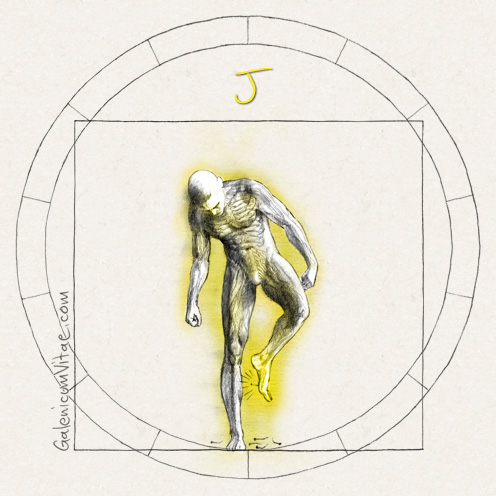Tetanus is a serious disease caused by the tetanus bacteria that lives in soil, dust and manure. The bacteria usually enter the body through a deep cut, such as from a knife or stepping on a nail. You must act quickly (without treatment, one in four people die). It is not contagious.
Causes. The most common mode of transmission is by skin lesions (wounds, bites, burns, piercings and tattoos done with unsterilized material, needles, etc.) through which the bacteria enters the body. The lesions do not have to be deep or dirty for it to be transmitted.
Remember to clean cuts and wounds well and get medical treatment as soon as possible.
Treatment. The tetanus vaccine is highly effective, easy to administer and completely harmless.
Once in the body, the bacteria releases a toxin called "tetanospamin", which blocks nerve signals from the spinal cord to the muscles. This causes the appearance of muscle spasms throughout the body and stiffness.
The spasms affect the muscles of the face, neck, chest and back, and can also spread to the abdominal muscles, the legs and arms. Depending on the affected muscles, the person may suffer respiratory problems, difficulty swallowing and arching of the back.
The infection causes a painful muscle spasms, usually all over the body. It can lead to "locking" of the jaw, making it impossible to open the mouth or swallow. If that happens, the person risks of dying from suffocation.
When someone gets tetanus, the treatment is usually long. The tetanus vaccine can prevent the disease, but its protection does not last forever. Adults need to get a new dose or booster every 10 years. If you get a cut or burn, seek medical help; you may need a booster.
For more information visit:
Tetanus (Lockjaw) Vaccination
http://www.cdc.gov/vaccines/vpd-vac/tetanus/

 Digestive
Digestive  Blood
Blood Cardiovascular
Cardiovascular Dermatology
Dermatology Genitourinary,
Genitourinary, Hormones
Hormones Infections
Infections Oncology and
Oncology and Musculo-skeletal
Musculo-skeletal Mental health and
Mental health and Parasites
Parasites Respiratory
Respiratory Senses
Senses Various
Various




